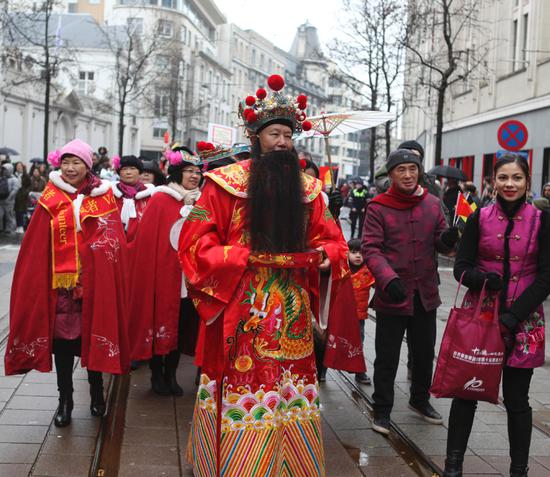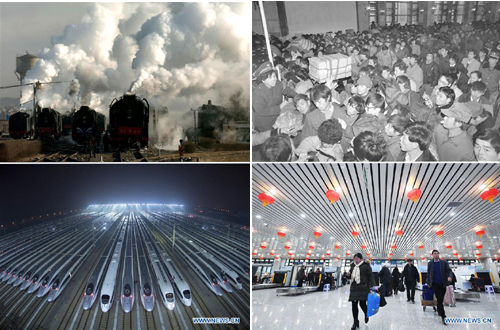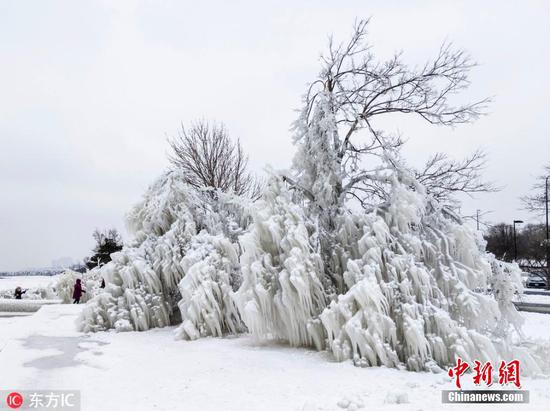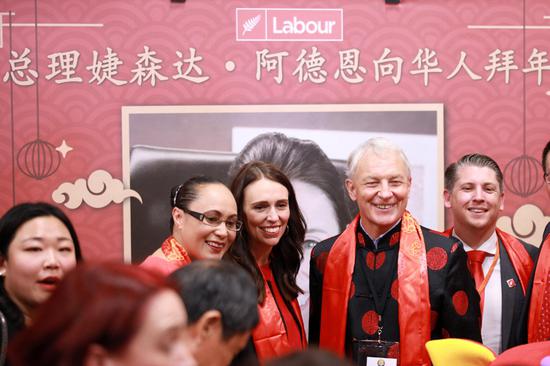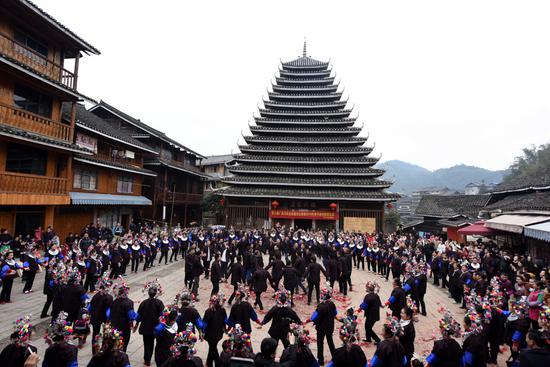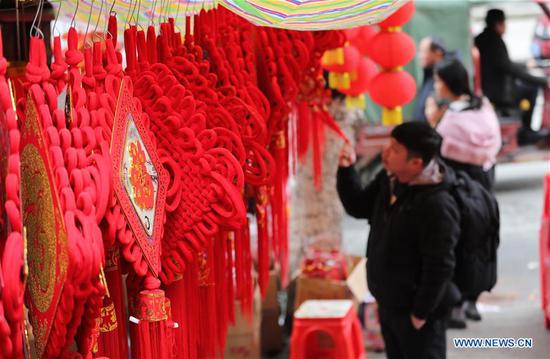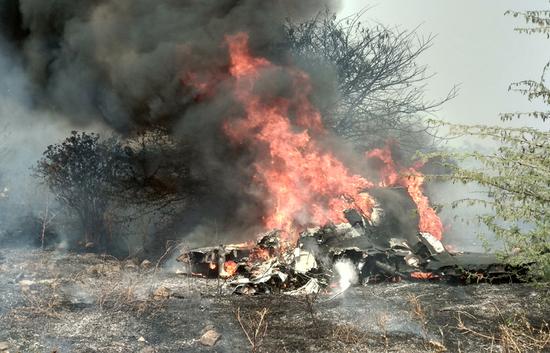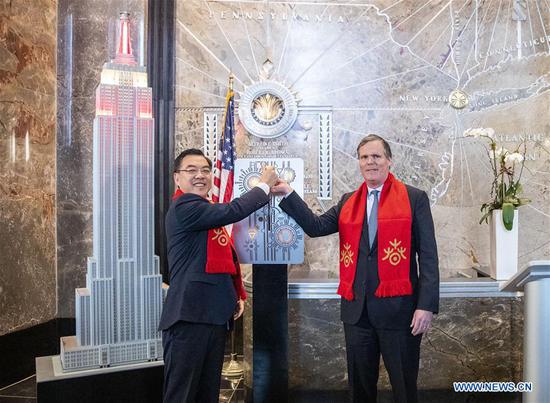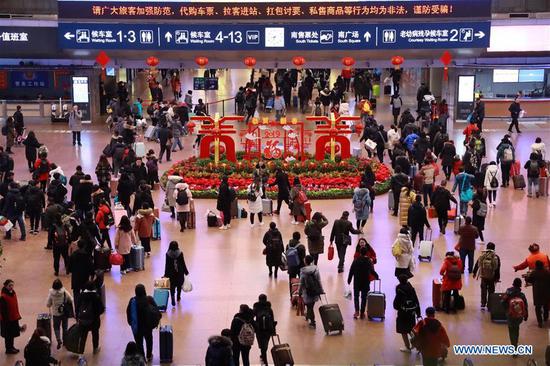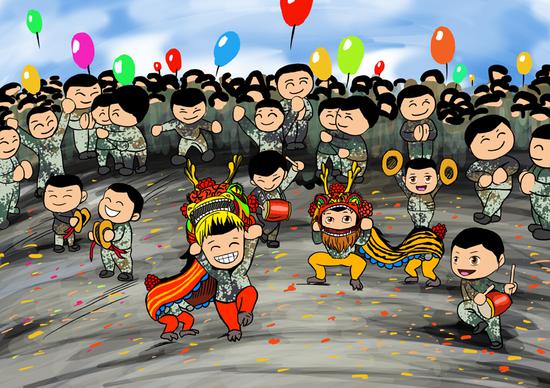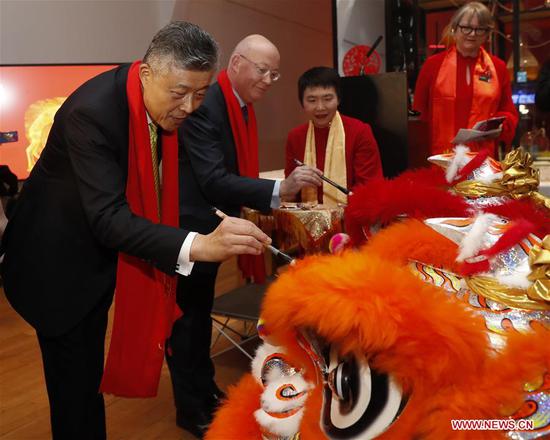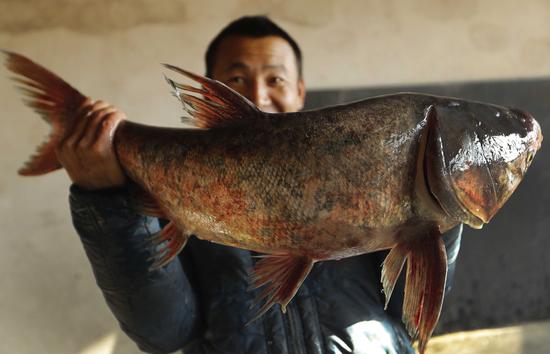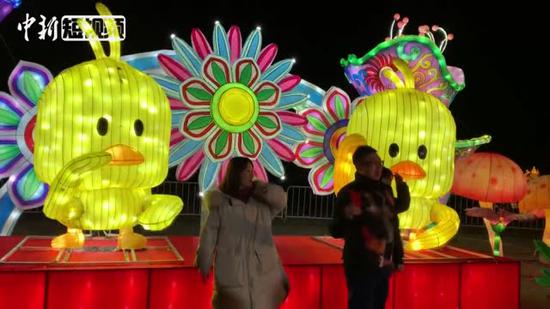The United States and Russia both announced over the weekend that they will suspend a major nuclear weapons agreement, known as the Intermediate-Range Nuclear Forces Treaty, a decision that has triggered grave concerns over the possibility of a new arms race between the world's two largest nuclear powers.
U.S. Secretary of State Mike Pompeo, after accusing Russia of violating the treaty and not returning to compliance after a U.S. ultimatum two months ago, said the U.S. will suspend its obligations under the treaty effective Feb 2.
"We will provide Russia and the other treaty parties with formal notice that the United States is withdrawing from the INF Treaty effective in six months, pursuant to Article 15 of the treaty," he said on Friday, indicating that the treaty could still be saved if Russia returns to full and verifiable compliance with the treaty within the next six months.
Less than a day after the U.S. announcement, Russian President Vladimir Putin expressed Russia's strong reaction in a televised meeting with his foreign and defense ministers. "The U.S. partners have declared that they suspend their participation in the deal, we suspend it as well," Putin said, according to a Reuters report.
Putin said Russia will start work on creating new missiles, including hypersonic ones, and told ministers not to initiate disarmament talks with Washington, accusing the U.S. of being slow to respond to such moves.
"We have repeatedly, during a number of years, and constantly raised a question about substantiative talks on the disarmament issue," Putin said. "We see that in the past few years the partners have not supported our initiatives."
The INF Treaty was signed in 1987 by U.S. president Ronald Reagan and Soviet leader Mikhail Gorbachev. It bans the development and deployment of ground-launched nuclear missiles with ranges of 500 to 5,500 kilometers.
After Pompeo's announcement, Foreign Ministry spokesman Geng Shuang called the U.S. withdrawal "regrettable". He said China urges the U.S. and Russia to properly resolve differences through constructive dialogue.
Geng voiced China's opposition to the multilateralization of the treaty. "What is imperative at the moment is to uphold and implement the existing treaty instead of creating a new one," he said on Saturday.
The withdrawal from the treaty has sparked concerns among nuclear experts.
Axel Goethals, CEO of Brussels-based European Institute for Asian Studies, said it is clear that the U.S., in withdrawing from this treaty, wants to have its hands more free to deal with the new multilateral world order.
"Let us not forget that this withdrawing is also part of the U.S. strengthening its negotiating position in the proxy games of the new multilateral world order," he told China Daily on Sunday.
"The loss of the treaty creates a real possibility of an unpredictable and unconstrained U.S.-Russian arms race in Europe and, potentially, in Northeast Asia as well," said Alexander Vershbow, a distinguished fellow at the Atlantic Council and a former U.S. ambassador to Russia, in an article posted on the council's website on Friday.
Federica Mogherini, the European Union's foreign affairs and security policy chief, had earlier called on the U.S. and Russia to stick to the treaty. "What we definitely don't want to see is our continent going back to being a battlefield or a place where other superpowers confront themselves," she said.
Pompeo's posting of the decision on his Twitter account on Saturday has drawn sharp criticism, with some accusing him of representing the U.S. military industrial complex and many questioning how a withdrawal would make things better.









